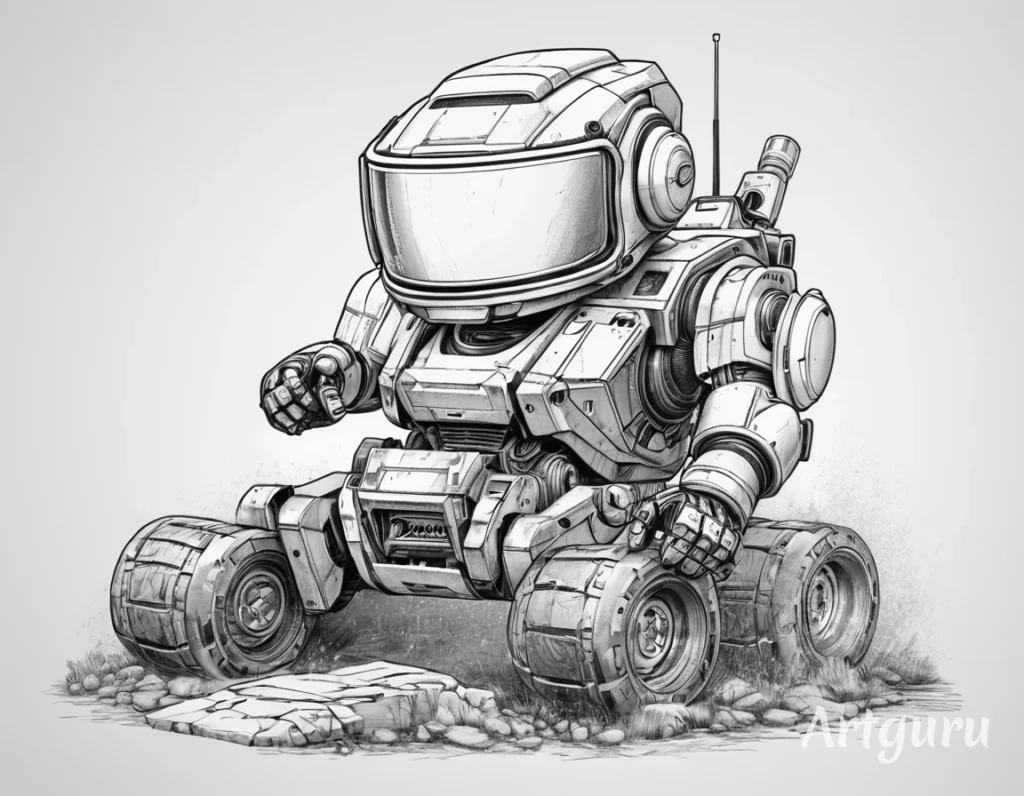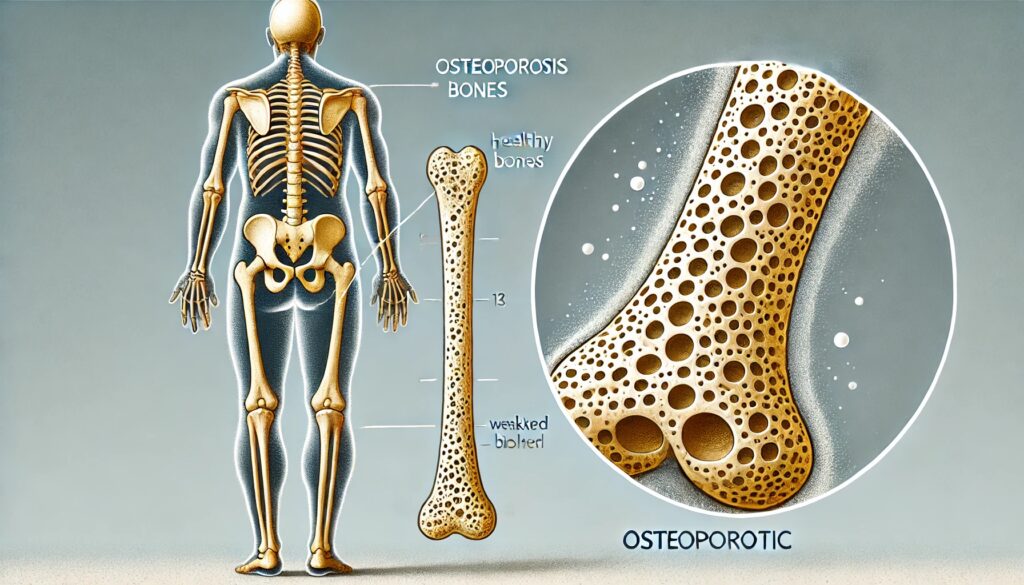
Artificial Intelligence (AI) is transforming the gaming industry, bringing unprecedented levels of immersion and dynamism to digital worlds. From realistic non-player characters (NPCs) to adaptive game environments, AI is at the forefront of creating richer gaming experiences. This article explores the various ways AI is reshaping the gaming landscape, delving into its applications, benefits, and future potential.
Introduction to AI in Gaming
AI has become a crucial component in game development, enabling developers to create smarter and more responsive game elements. AI-driven gaming enhances player engagement by offering more realistic interactions, dynamic content generation, and personalized experiences.
Enhancing NPC Behavior
Realistic and Adaptive NPCs
Non-player characters (NPCs) are a core element of many games. AI allows these characters to exhibit more human-like behaviors, making interactions more engaging. Traditional NPCs follow scripted paths, but AI-powered NPCs can adapt to player actions and the game environment.
Example: In The Elder Scrolls V: Skyrim, NPCs can engage in dynamic conversations, react to the player’s reputation, and perform tasks independently, enhancing the game’s realism.
Techniques for NPC Behavior
- Finite State Machines (FSMs): Manage different states of NPCs, such as idle, attack, and flee.
- Behavior Trees: Provide a hierarchical structure for more complex behaviors.
- Machine Learning: Enable NPCs to learn from player interactions and improve over time.
Implementation:

class NPC:
def __init__(self):
self.state = 'Idle'
def update(self, player_action):
if self.state == 'Idle' and player_action == 'attack':
self.state = 'Defend'
elif self.state == 'Defend' and player_action == 'flee':
self.state = 'Chase'
def act(self):
if self.state == 'Idle':
return "The NPC is wandering."
elif self.state == 'Defend':
return "The NPC is defending itself."
elif self.state == 'Chase':
return "The NPC is chasing the player."
Procedural Content Generation
Dynamic Environments
Procedural content generation (PCG) uses AI to create game environments, levels, and even entire worlds dynamically. This technique ensures that no two playthroughs are the same, offering endless replayability.
Example: Minecraft uses PCG to generate vast, unique landscapes, ensuring each player’s world is different.
Benefits of PCG
- Scalability: Allows developers to create large-scale game environments with limited resources.
- Variety: Enhances replayability by offering unique experiences in each game session.
- Personalization: Tailors game content to individual player preferences and behaviors.
Enhancing Player Interaction
Real-Time Personalization
AI enables real-time personalization of gaming experiences, adapting difficulty levels, game content, and storylines based on player behavior and preferences.
Example: Left 4 Dead’s AI Director adjusts the game’s intensity based on the player’s performance, ensuring a balanced and engaging experience.
Sentiment Analysis
AI can analyze player feedback and in-game behavior to gauge sentiment, allowing developers to make data-driven improvements.
Example: AI-driven sentiment analysis can help identify frustrating game elements and optimize them for better player satisfaction.
Improving Game Development Processes
Automated Testing
AI automates the testing process, identifying bugs and performance issues faster and more efficiently than manual testing.
Example: Ubisoft uses AI-driven tools to automate playtesting, reducing the time and resources required for quality assurance.
Game Design Assistance
AI can assist game designers by providing insights and suggestions based on player data and behavior analysis.
Example: AI tools can analyze player interactions to suggest improvements in level design or gameplay mechanics.
Future Potential of AI in Gaming
Advanced AI Companions
Future AI companions in games will offer deeper interactions and more complex relationships with players, enhancing the emotional engagement of the game.
Example: AI companions could evolve their personalities based on long-term player interactions, providing a unique and personalized experience.
Virtual Reality and AI
Combining AI with virtual reality (VR) will create even more immersive gaming experiences, with AI-driven environments and NPCs reacting in real-time to player actions in a 3D space.
Example: AI could enhance VR games by creating realistic simulations that adapt to the player’s actions and decisions.
Conclusion
AI is revolutionizing the gaming industry by creating more immersive and dynamic experiences. From enhancing NPC behavior and procedural content generation to improving player interaction and game development processes, AI offers endless possibilities for the future of gaming. As AI technology continues to evolve, it will undoubtedly bring even more innovation and excitement to the world of gaming.





